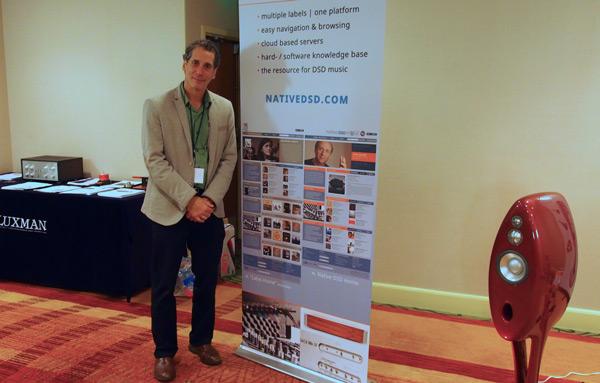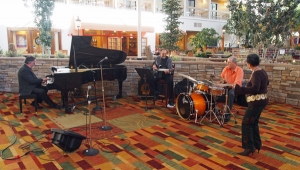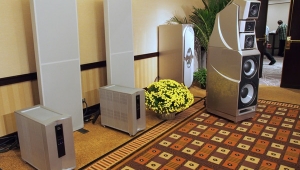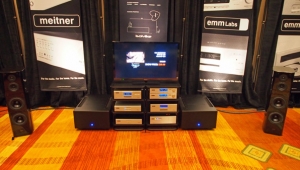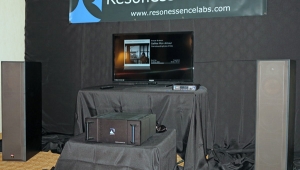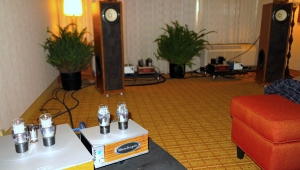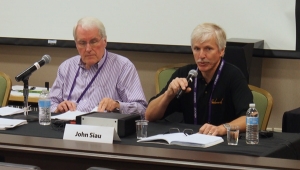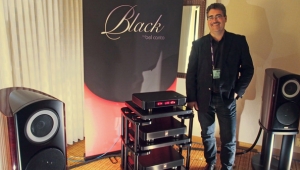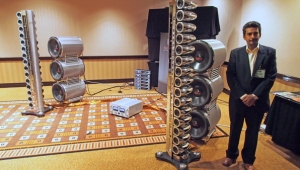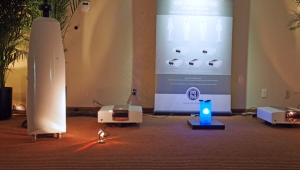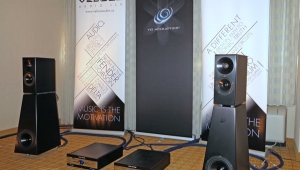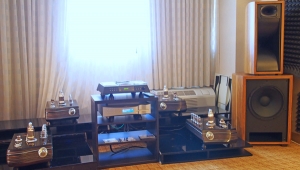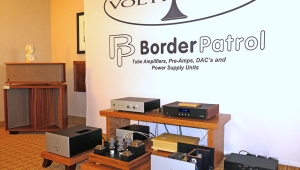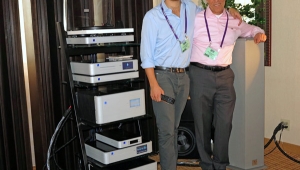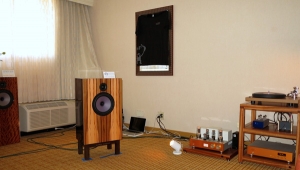| Columns Retired Columns & Blogs |
The max most people will pay for downloads is 99c. Those are the nice ones ... For the rest, to quote stereophile (Robert Baird 6 Sept 2013): "very few listeners under 35, who’ve grown up in a world where downloading music is free, will ever pay for music again"
I'm a great hi-rez fan, but I can't see myself ever paying for a download file .. but I seem very happy to buy hi-rez physical SACDs ... at least if I don't like them, I can sell them.
